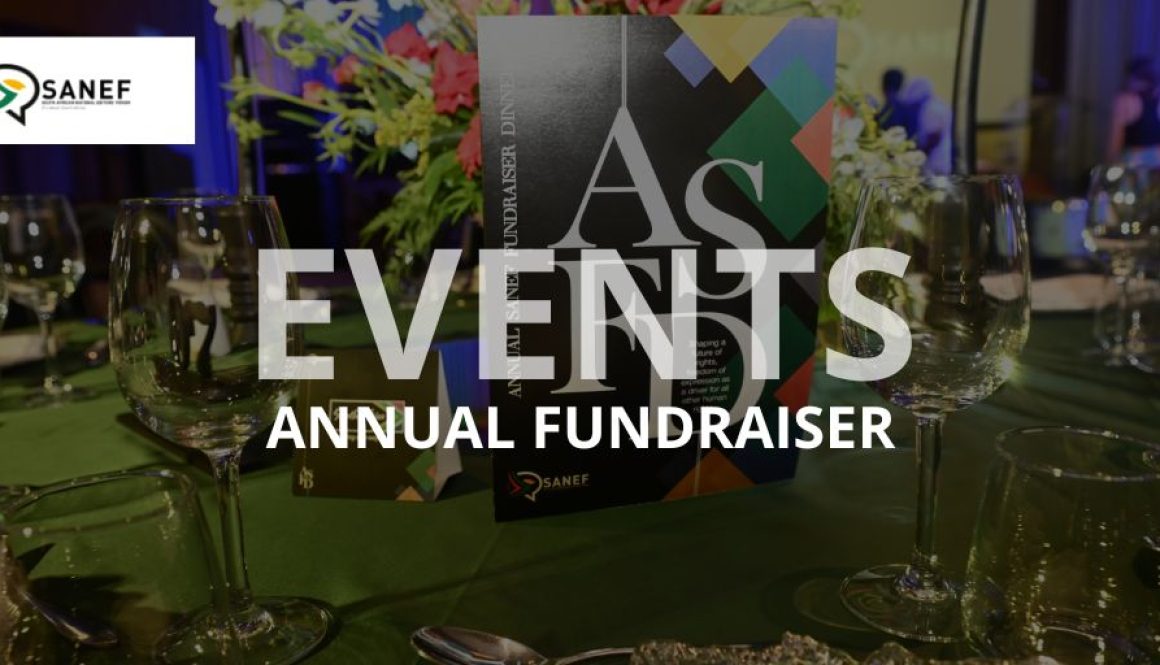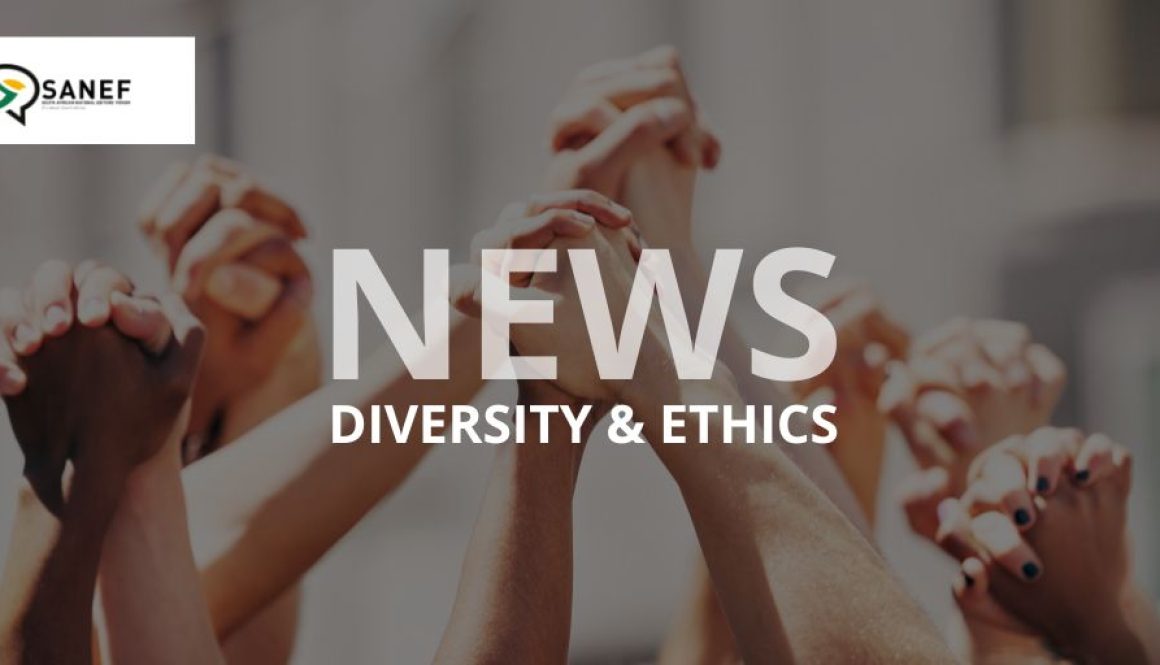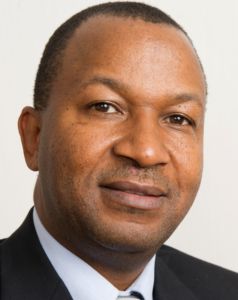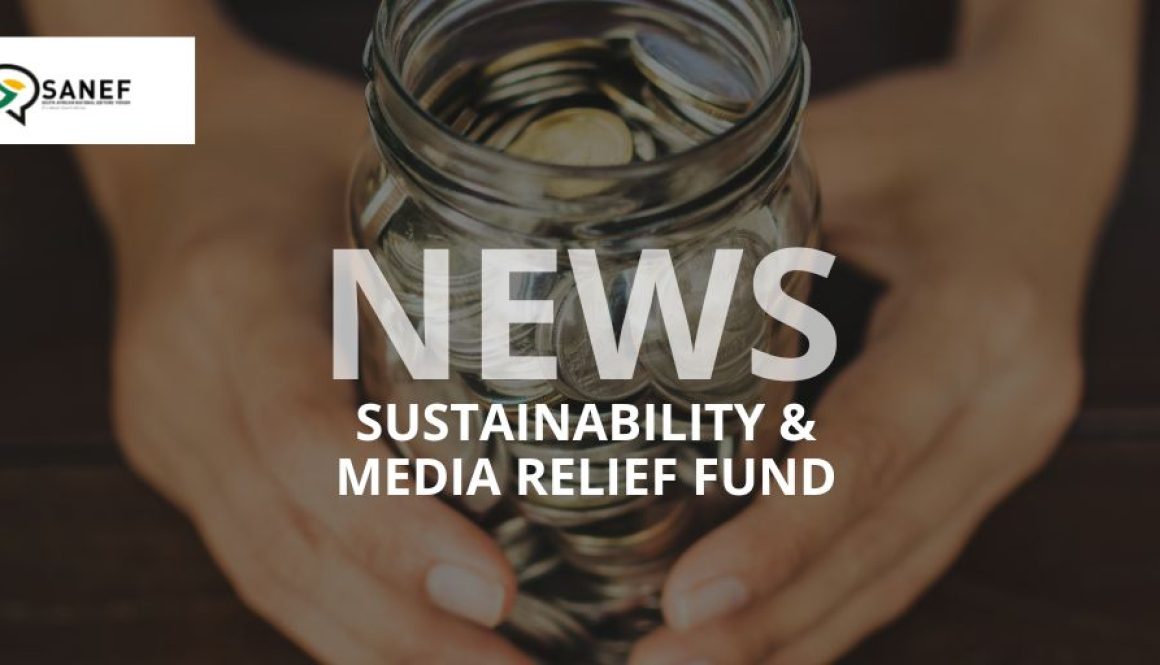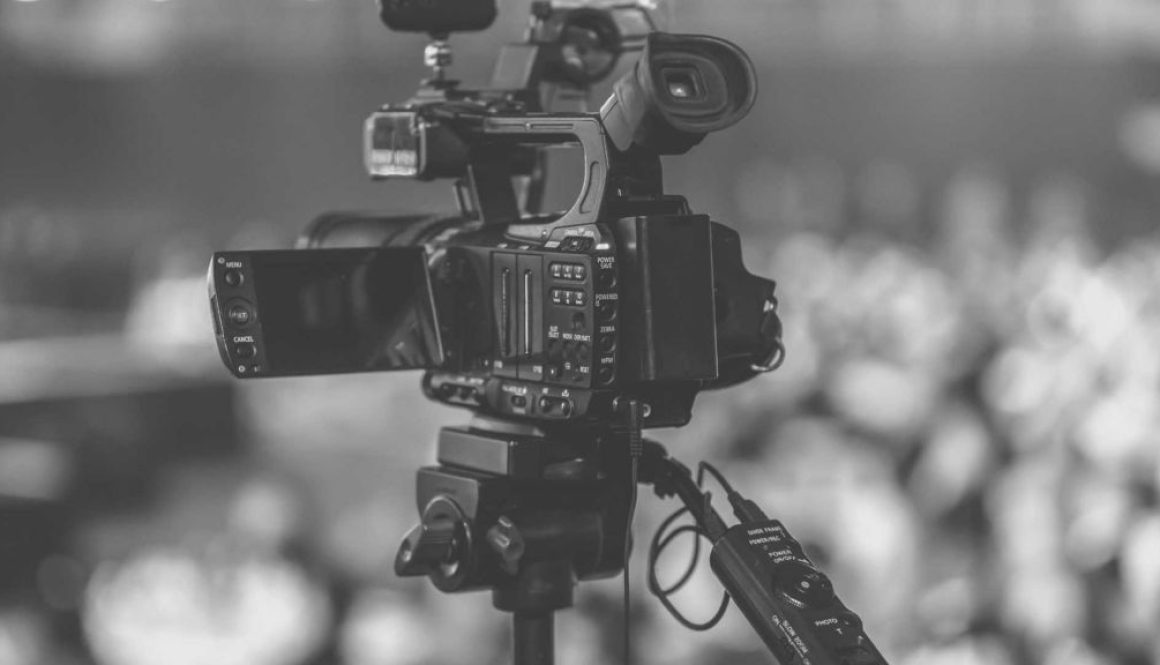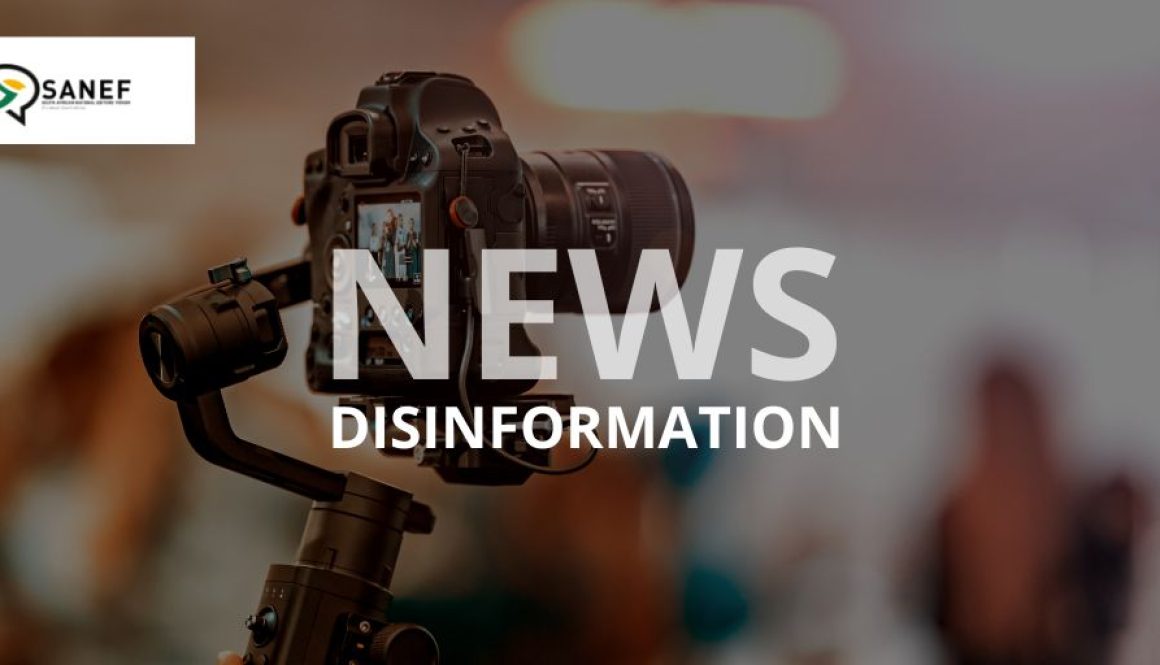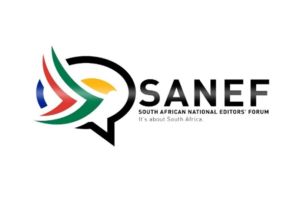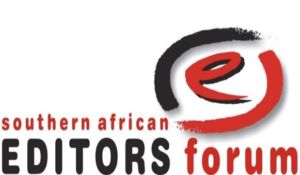SANEF Condemns Indiscriminate Police Shootings That Injured Caxton Journalist in Mbombela

The South African National Editors’ Forum (SANEF) condemns the indiscriminate shooting by the police that injured Lowveld Media (Caxton Group) journalist, Thobile Mlangeni in Mbombela, last week Thursday 26 November. Mlangeni was hit by a rubber bullet while covering a peaceful protest by artists.
Mlangeni stated that the protest was peaceful but that police started firing rubber bullets at close range without warning after the protesters refused to leave the venue – demanding that the MEC come to receive their memorandum in person. Mlangeni wrote in her statement that there was no warning to the crowd to disperse.
She stated that she was injured even though she had sought refuge under a pickup truck that was used as a stage by the protesters. She has reported the incident to the Mbombela SAPS – CAS 9/12/2020.
Her injuries come amid an outcry around the world, against harassment of journalists by law enforcement agents. While bringing news from the ground, the United Nations Agency, UNICEF acknowledged that journalists were highly vulnerable to contracting the infectious COVID-19 virus but also had to deal with the daily routine of mistreatment by the police.
Meanwhile, the New-York-based Committee To Protect Journalists (CPJ) has reported a plethora of incidents from various African countries in the months since Covid-19 lockdowns were enforced. CPJ has urged the 16 heads of state in the Southern African Development Community (SADC) to prioritise media freedom and safety.
SANEF calls on the South African authorities to guarantee the freedom and safety of journalists covering all stories, including protests and marches during the pandemic and to hold to account all those responsible for abuses against reporters.
Note to Editors: The South African National Editors’ Forum (SANEF) is a non-profit organisation whose members are editors, senior journalists and journalism trainers from all areas of the South African media. We are committed to championing South Africa’s hard-won freedom of expression and promoting quality, ethics and diversity in the South African media. We promote excellence in journalism through fighting for media freedom, writing policy submissions, research and education and training programmes. SANEF is not a union.
For more information please contact:
- Sbu Ngalwa – SANEF Chairperson (073) 404-1415
- Adriaan Basson – SANEF Deputy Chairperson (082) 562-2113
- Mahlatse Mahlase – Secretary General (083) 399-2852
- Nwabisa Makunga – Treasurer (082) 555-1972
- Mary Papayya – SANEF Media Freedom Chair (082) 379-4957
- Asanda Ngoasheng – Western Cape Convenor – 082 610 9374
- Judy Sandison – SANEF KZN Convenor (082) 571-3334
- Katy Katopodis – SANEF Gauteng Convenor (082) 805-7022
- Chiara Carter – SANEF Eastern Cape Convenor (082) 659-9162
- Kate Skinner – SANEF Executive Director – (082) 926-6404
Socials
Twitter: @SAEditorsForum
Email: [email protected]
Website: SANEF


